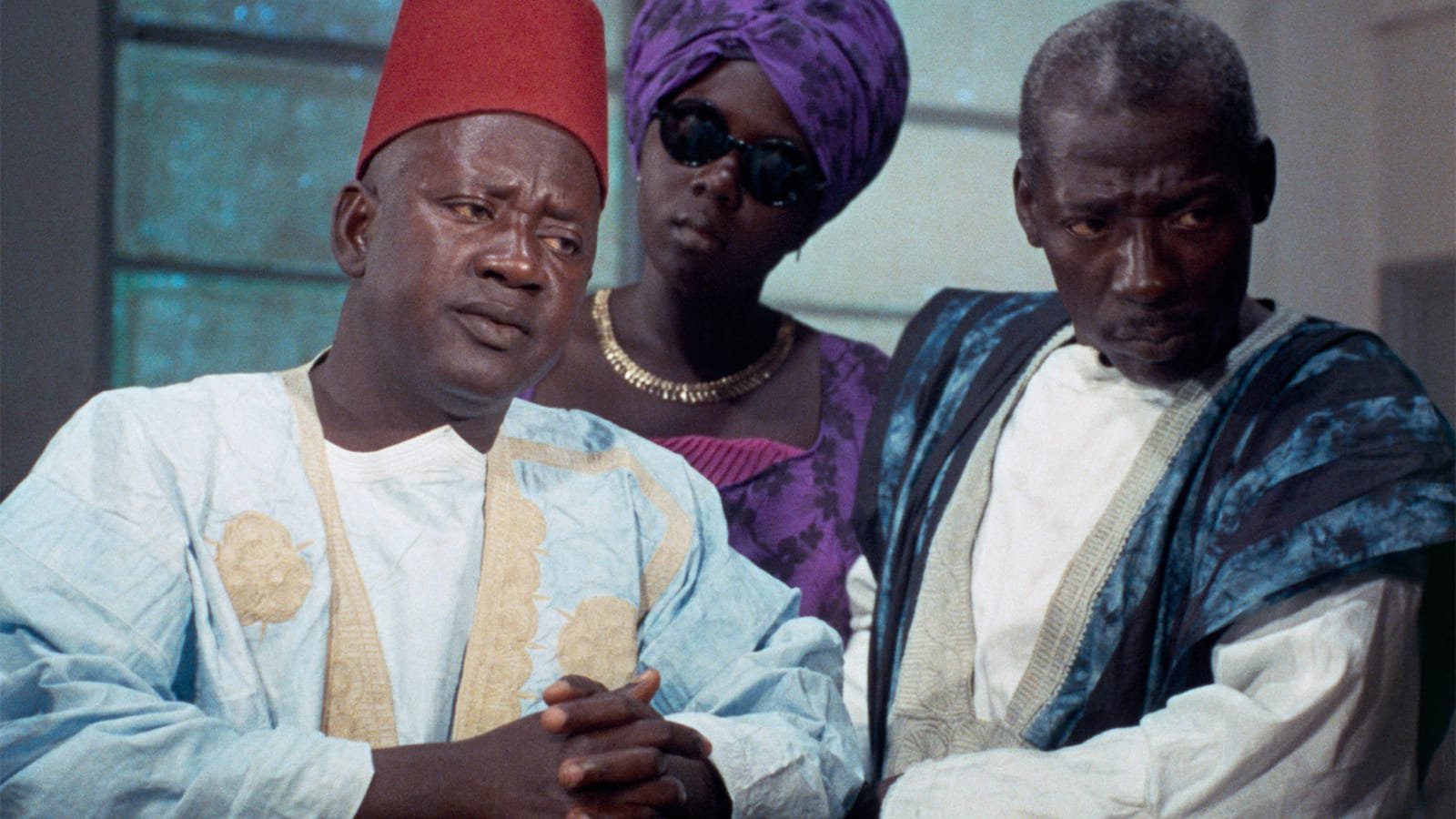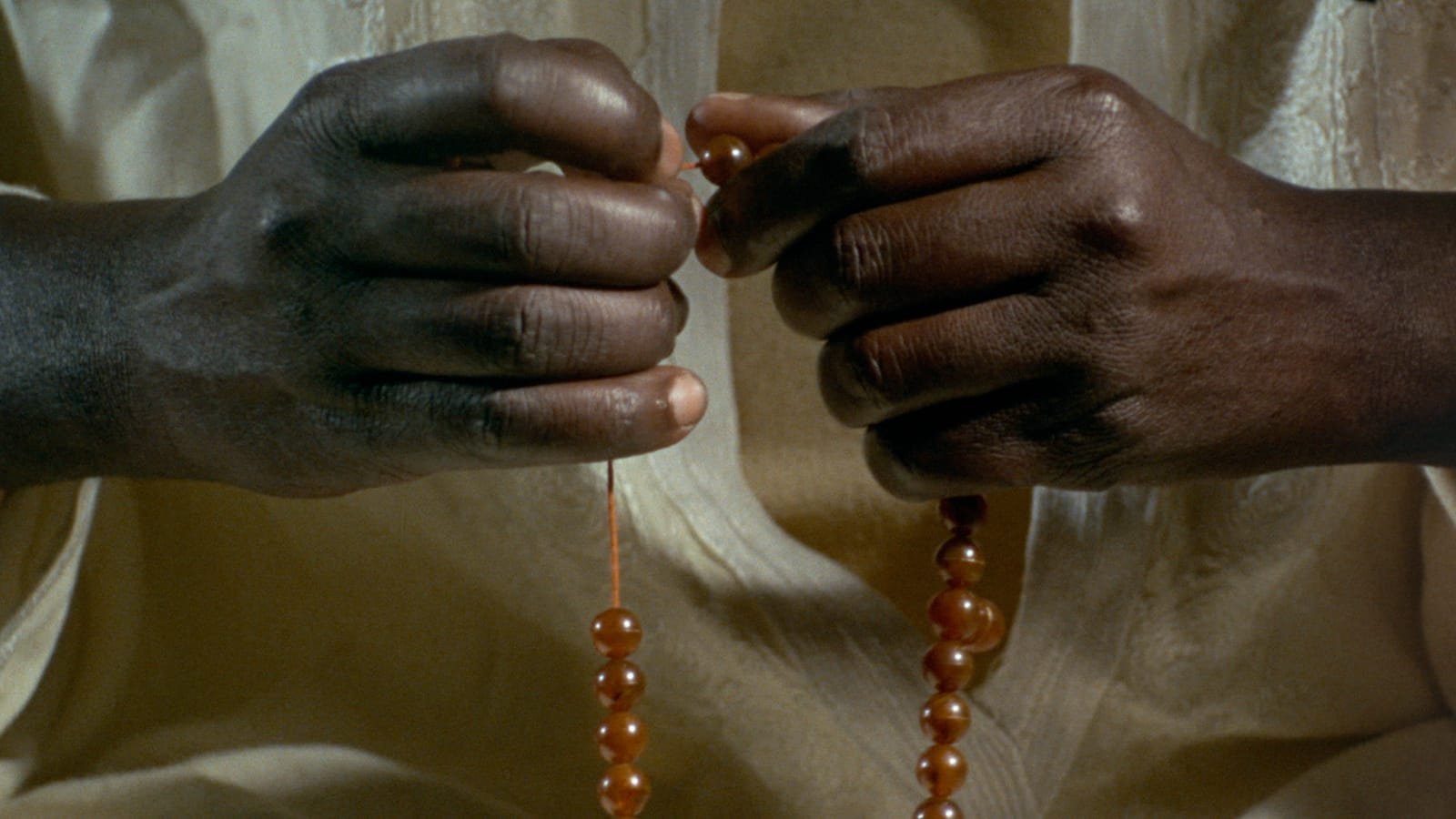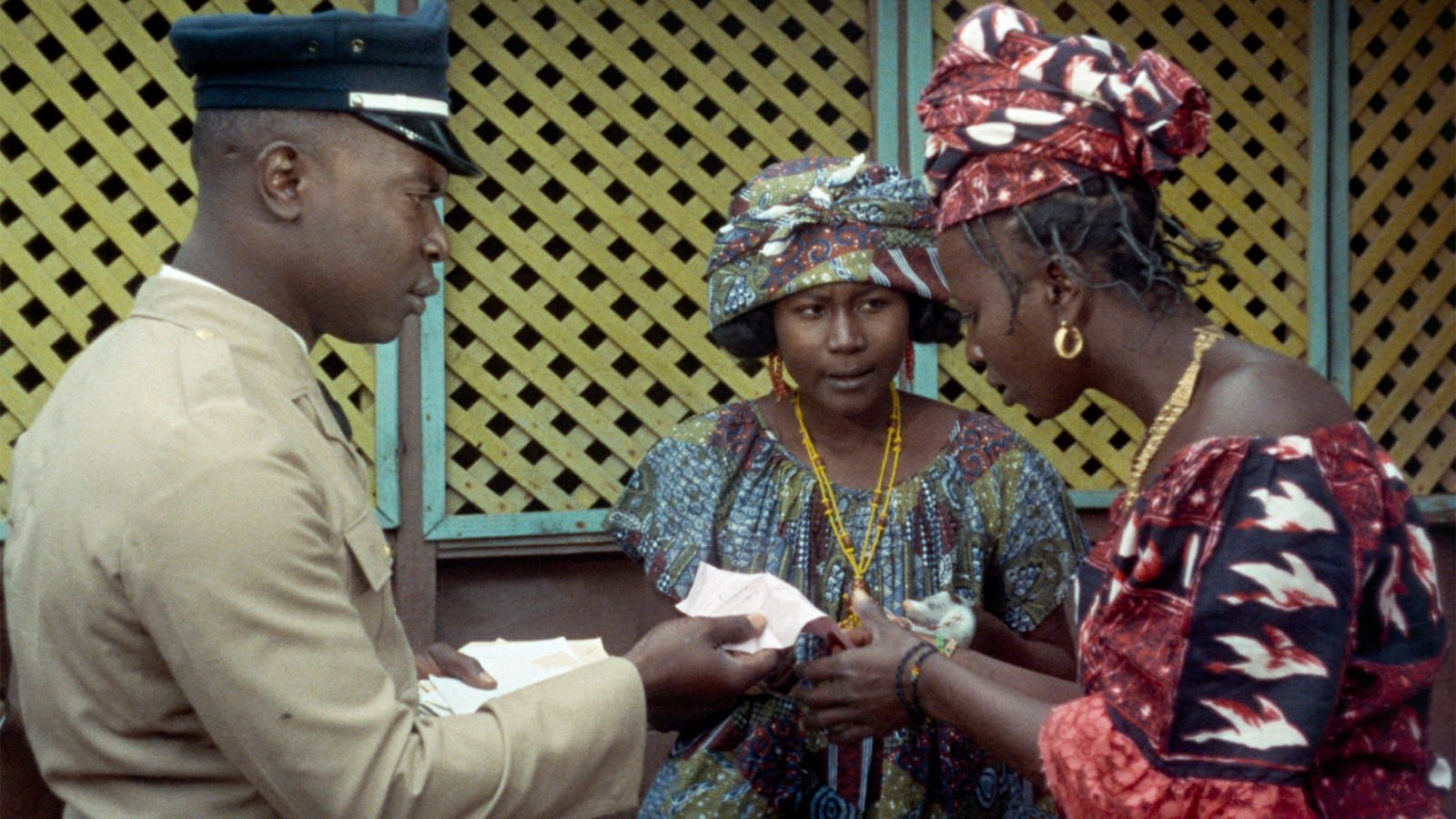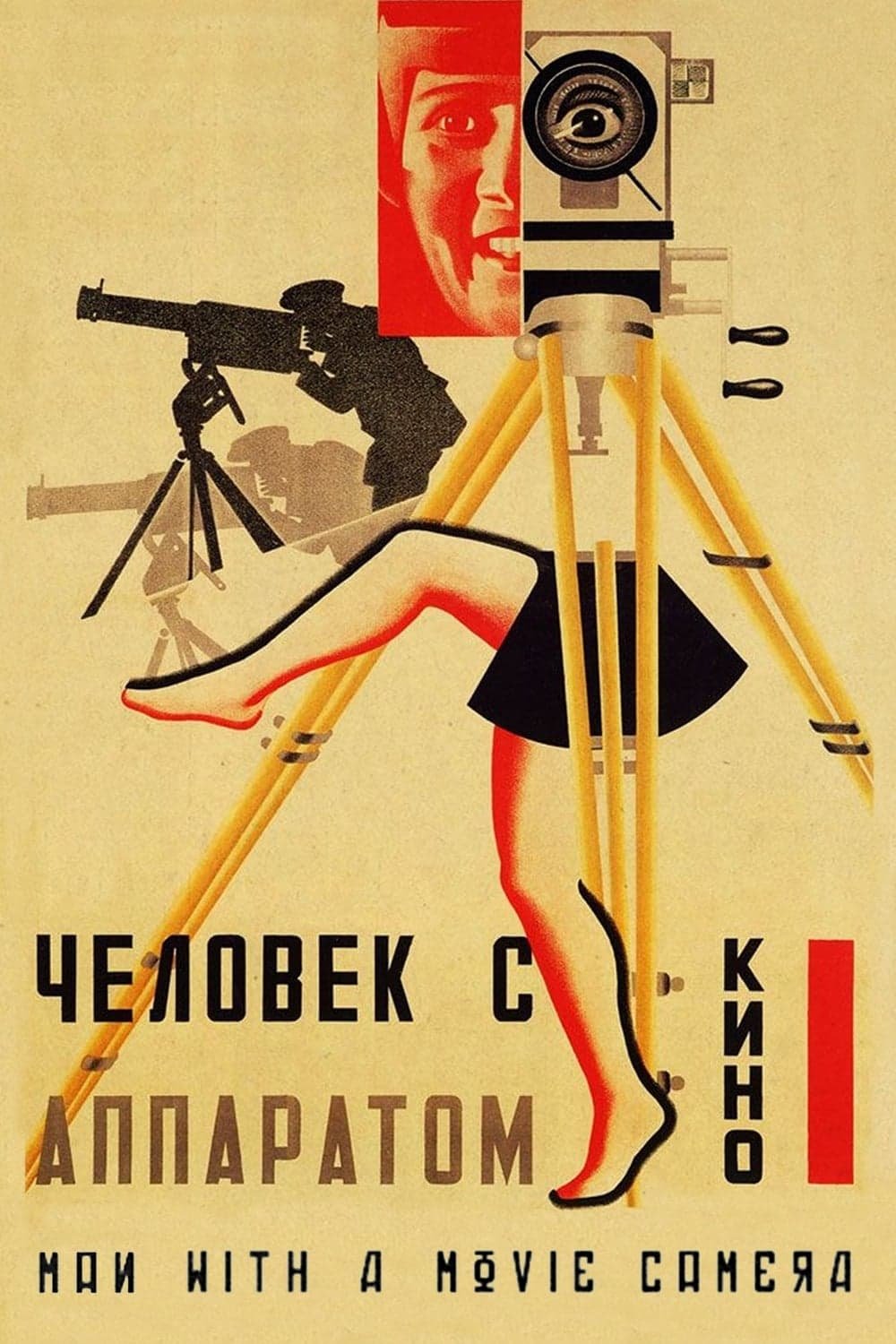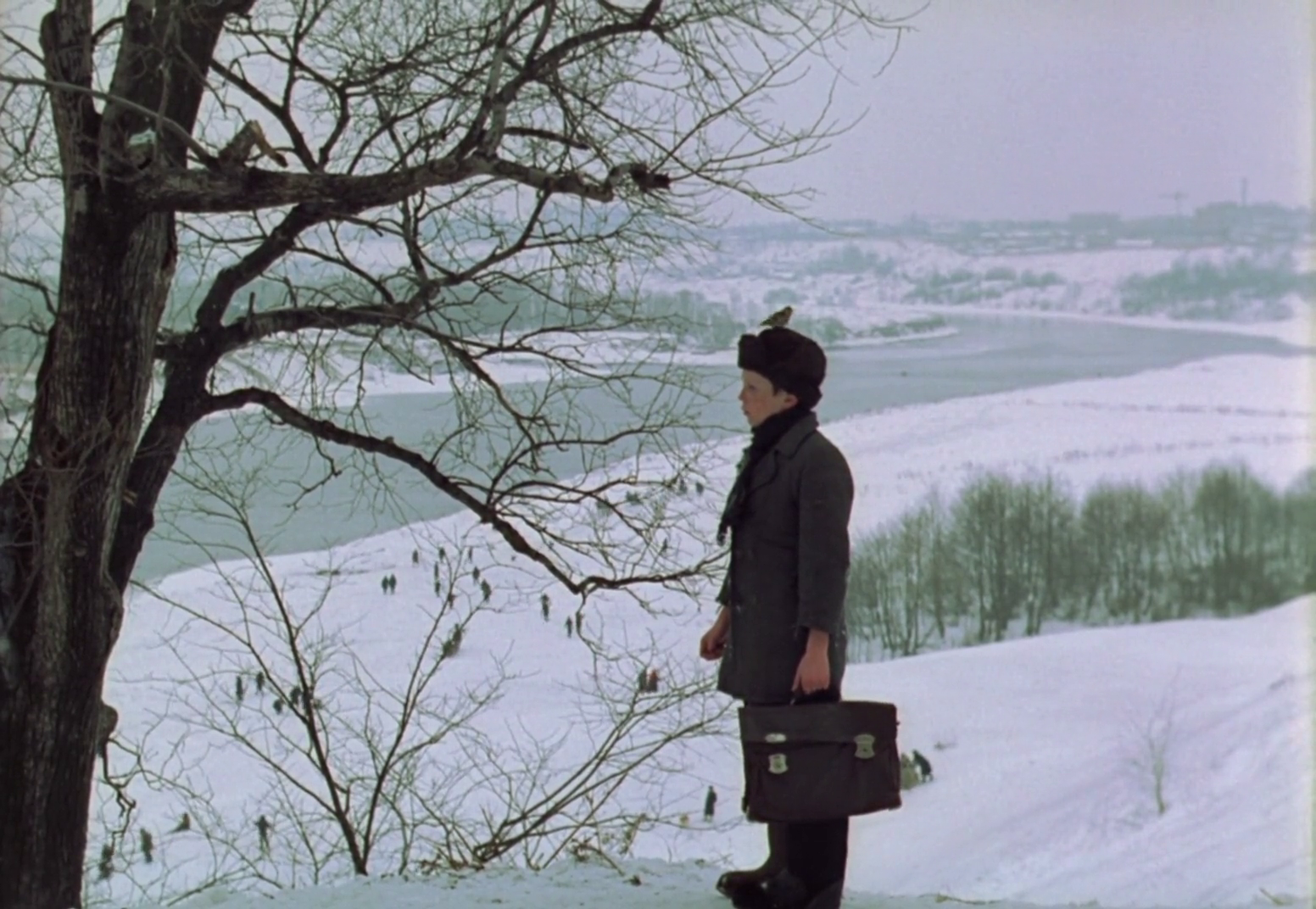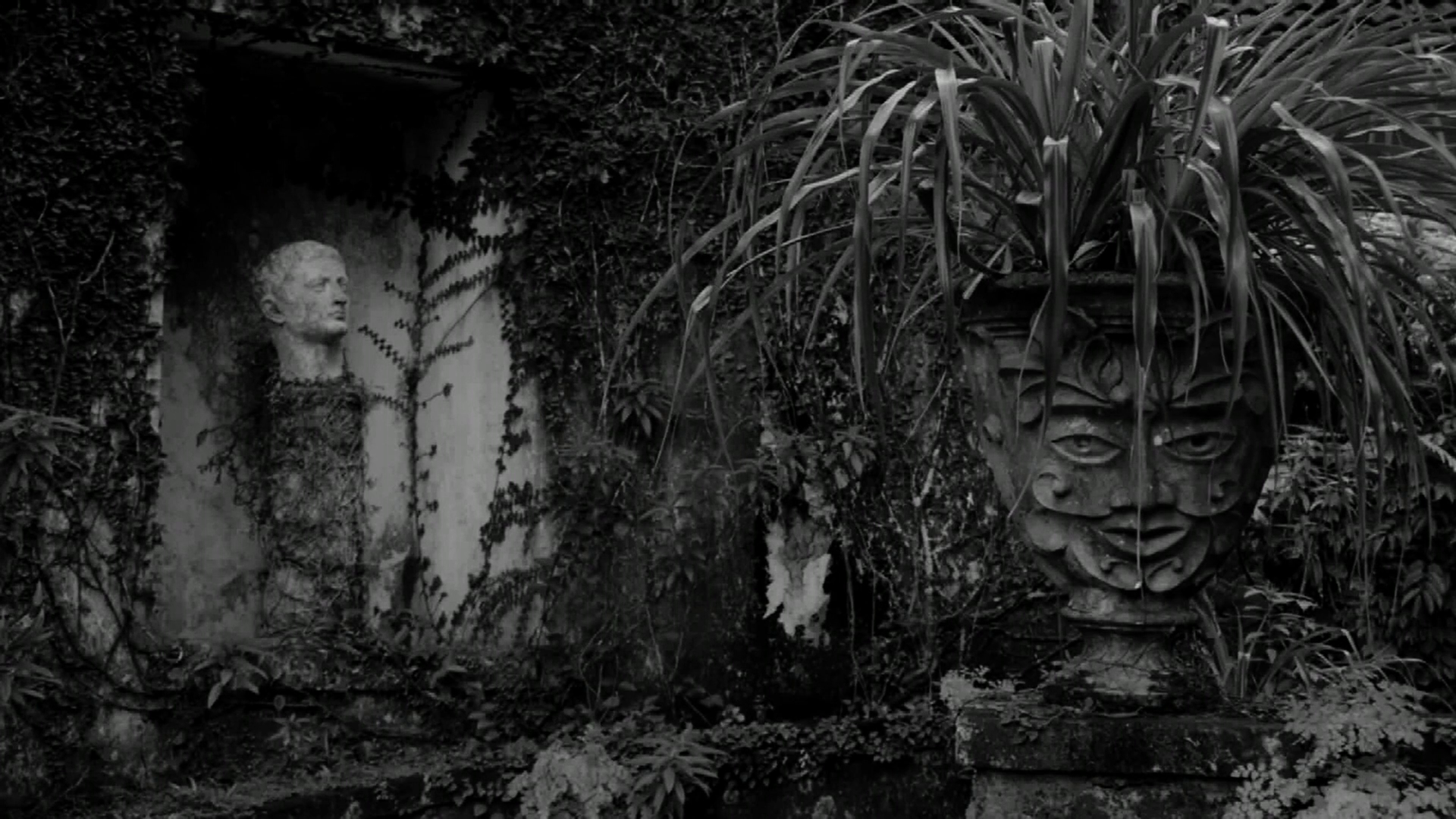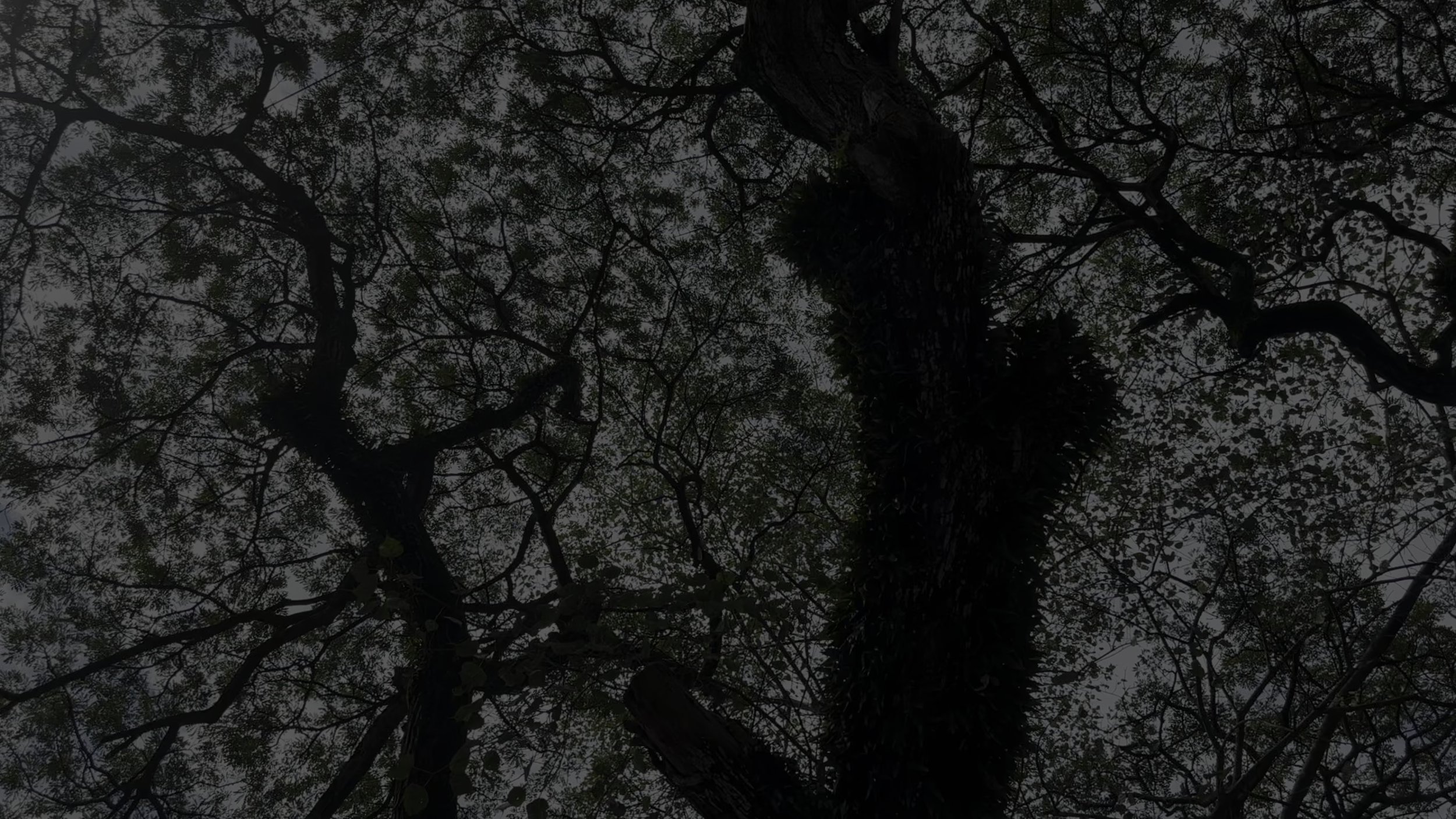
"Sculpted Time: An Architecture-Focused Film Series" is an educational initiative that aims to foster community dialogue on how architecture, in its myriad forms, both shapes and is shaped by the narratives presented in film.
DECEMBER
Mandabi
1968, by Ousmane Sembène, Senegal and France
Mandabi (The Money Order, Le Mandat) by Ousmane Sembène follows Ibrahima Dieng, a Senegalese man seeking work, through the bureaucratic and corruption-ridden ordeal of securing a money order sent by his nephew in Paris to pay off a debt. Based on an eponymous book also by Sembène, the film is notable for being entirely in the filmmaker’s native Wolof, a product of his wish to create accessible cinema for the majority of the Senegalese population.
This screening is in partnership with the Alliance Française de Colombo and the Embassy of France.
NOVEMBER
The 400 Blows
1959, by François Truffaut, France
The 400 Blows, or Les Quatre cents coups, is a semi-autobiographical film by director François Truffaut about a young boy growing up in Paris named Antoine Doinel. Antoine faces adversity at every turn, from disinterested parents to unsympathetic teachers, and his only respite comes in the form of Balzac novels. This coming-of-age story ushered in a new genre of film, French New Wave, and is regarded as one of the best films ever made.
This screening is in partnership with the Alliance Française de Colombo and the Embassy of France.
OCTOBER
Soviet Bus Stops
2022, by Kristoffer Hegnsvad, Nicholas Zajicek and Christopher Herwig, Denmark, Canada, UK, Sweden, Latvia
Soviet Bus Stops is an ode to the distinctive bus stops of the former Soviet Republic. During the Soviet Period, the centralisation of architecture left little to no room for individual creativity in buildings and monuments, with bus stops as an overlooked and subsequently understudied exception. Bus stops across countries including Ukraine, Uzbekistan, Armenia, Estonia, Georgia, Belarus, and Lithuania vary in architectural and artistic styles, and photographer Christopher Herwig has travelled over 50,000 kilometres on a road trip to speak with some of their creators and document as many as he can.
SEPTEMBER
Metropolis
1927, dir. Fritz Lang, Germany
Metropolis by Fritz Lang is a film about the widening wealth gap of a futuristic city and two characters’ attempts to overcome it. Partially a love story, the film follows wealthy Freder and working-class activist Maria as they navigate the obstacles of an urban dystopia in pursuit of their goal. Adapted from writer Thea von Harbou’s novel of the same name, Metropolis was made in Germany during the Weimar period and significantly impacted cinematic production design.
AUGUST
Light Without Sun
2022, by Clara Kraft Isono, Marie Ramsing, and Christopher Sejer Fischlein
Light without Sun is a documentary about Can Lis, a house designed by the Danish architect Jørn Utzon on the island of Mallorca and considered among the most significant projects of the twentieth century. Set within one day, the film reflects the sensory nature of architecture, using interviews, narrative, and choreography to challenge how buildings are documented.
JUNE
Man with a Movie Camera
1929, dir. Dziga Vertov, Russia
Man with a Movie Camera is the best-known film of director Dziga Vertov. Set across three unnamed cities meant to represent Moscow, Kyiv, and Odesa, Man with a Movie Camera follows cameraman (and brother of Vertov) Mikhail Kaufman through a presentation of 1920s urban life in a silent documentary format. Unconventional choices include a lack of characters or narrative and a focus on innovative film techniques developed by Vertov himself. Met with apathy upon its release, the film has garnered a cult following and is now regarded by critics as one of the best ever made.
MAY
Mirror
1975, dir. Andrei Tarkovsky, Russia
Mirror by filmmaker Andrei Tarkovsky is a drama that traces the life of a dying poet and the evolution of Soviet culture between the 1960s and 1970s. Semi-autobiographical in nature, the film features poems by Tarkovsky’s father as well as his wife and mother. Mirror takes on a nonlinear narrative structure that incorporates childhood memories, dreams, and newsreel footage to piece together a comprehensive, yet fractured, account of the poet’s story.
More info about the screening here.
APRIL
In Plain Sight
and State in Silence
2023, dir. Ruvin de Silva, Sri Lanka
In Plain Sight by filmmaker and photographer Ruvin de Silva is an exposé of Sri Lanka’s strategic disappearances and mass graves. Featuring seven different locations, several of which are in population-dense areas now undergoing development, the film examines urbanisation’s ruthless encroachment on and attempts to altogether erase collective memory. Through oral histories of affected families, activists, and researchers, the film explores the history that led to the endemic problem of unmarked, unprotected graves within local communities and interrogates its influence on the country’s future.
State in Silence addresses the foundational issues which laid the groundwork for those raised in In Plain Sight including institutionalised violence, justice systems, and the nation-state. Fashioned as a follow-up to In Plain Sight, State in Silence uses a similar methodology of firsthand accounts through interviews to gain perspective on accountability and human rights in the country. Together, the pair presents a rounded view of Sri Lanka’s symbiotic relationship between state-sanctioned terror and the culture of impunity that bolsters it.
More info about the screening here.
MARCH
Being Here: Stories of Home
2023, dir. Sharni Jayawardena, Sri Lanka
Being Here: Stories of Home by writer, editor, and filmmaker Sharni Jayawardena tracks four working-class women in Colombo, Sri Lanka whose daily lives are marked by adversity and compounded by the city’s push for “world-class” designation. The ethnographic film explores topics including socioeconomic status, gender, and ethnicity against a backdrop of violence, hierarchy, and oppression.
More info about the screening here.
FEBRUARY
Nostalgia for the Future
2017, dir. Avijit Mukul Kishore & Rohan Shivkumar, India
Nostalgia for the Future explores the making of Indian modernity through four distinct buildings erected over the course of a century. Filmmaker Avijit Mukul Kishore and architect Rohan Shivkumar collaborated on the project, which won Best Long Documentary at the 2017 International Documentary and Short Film Festival in Kerala and received the Jury’s Special Mention at the 2017 Signs Film Festival in Kochi.
More info about the screening here.
JANUARY
Bawa’s Garden
2022, dir. Clara Kraft Isono, UK, Sri Lanka
Bawa’s Garden follows a narrator as she travels across Sri Lanka to speak with Geoffrey Bawa’s closest confidantes about his legacy while reflecting and processing the philosophies her discussions evoke against the backdrop of Bawa’s Bentota garden property, Lunuganga.
Kraft Isono is based in London, where she studied at the London Film School and received the Skill Set Bursary award. “Bawa’s Garden,” Kraft Isono’s first feature film, was produced by her eponymous multidisciplinary film and architecture studio.
More info about the screening here.



